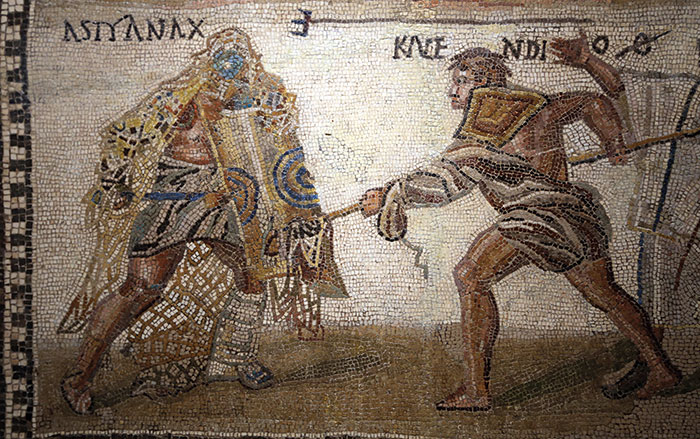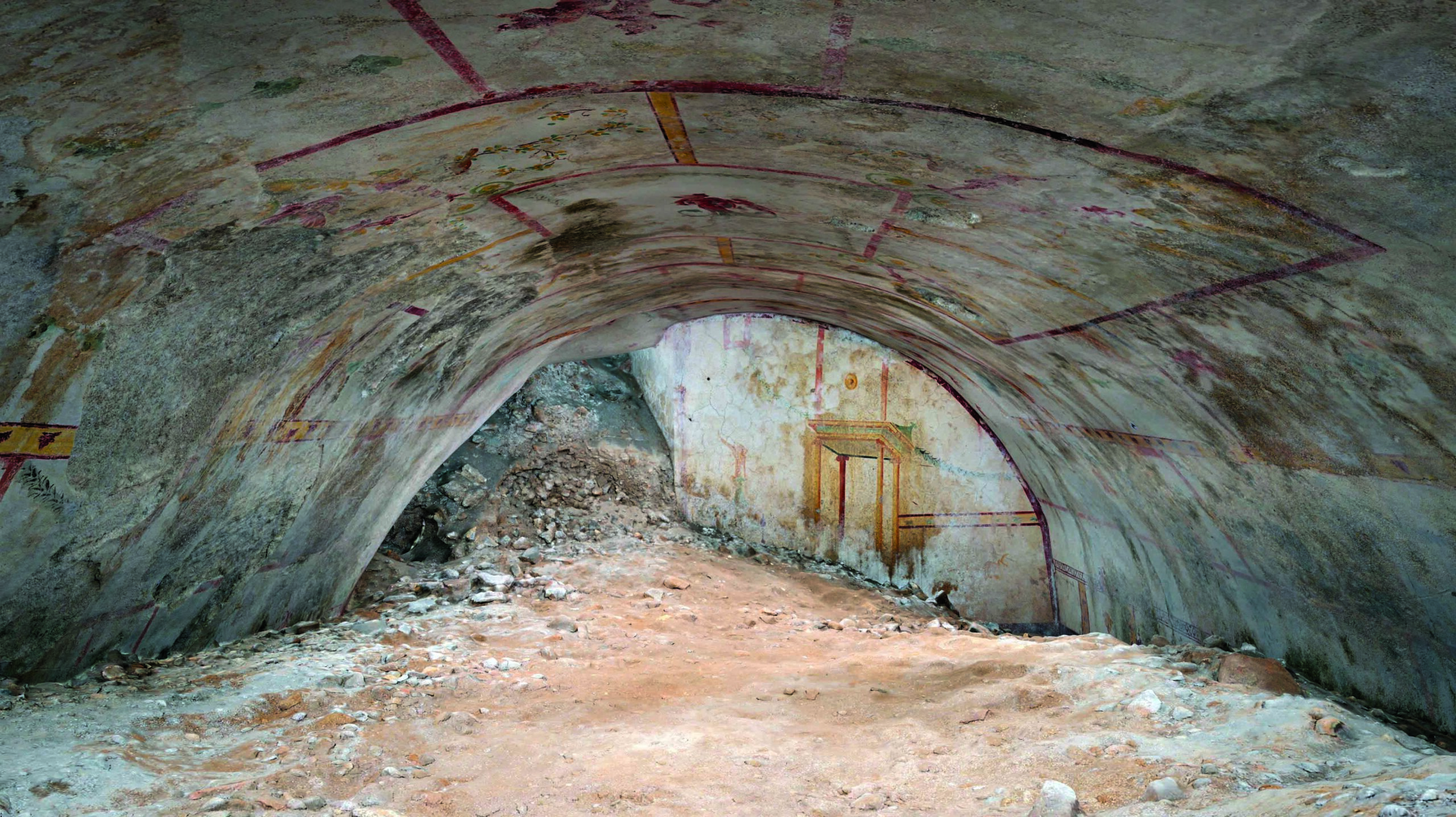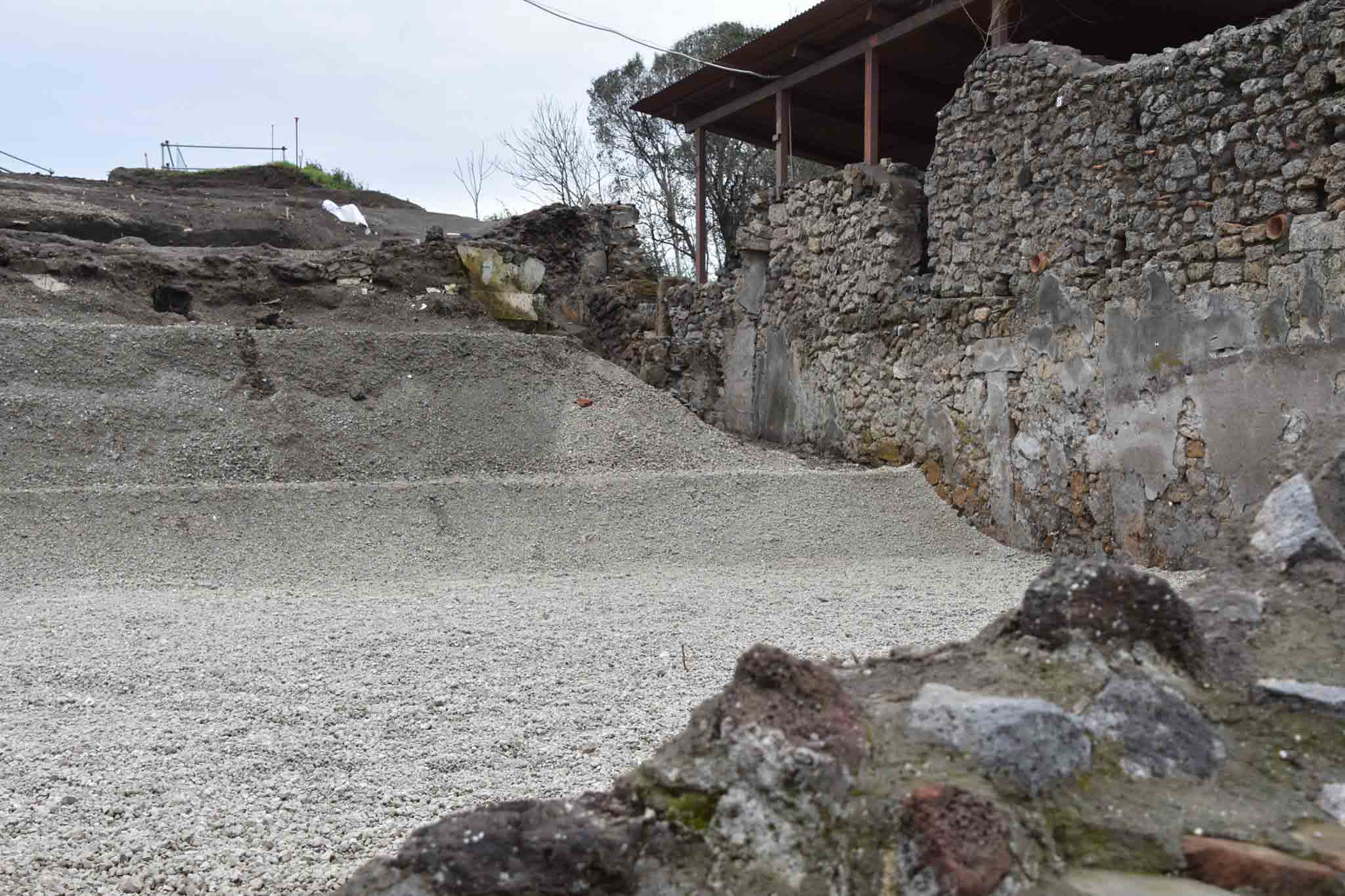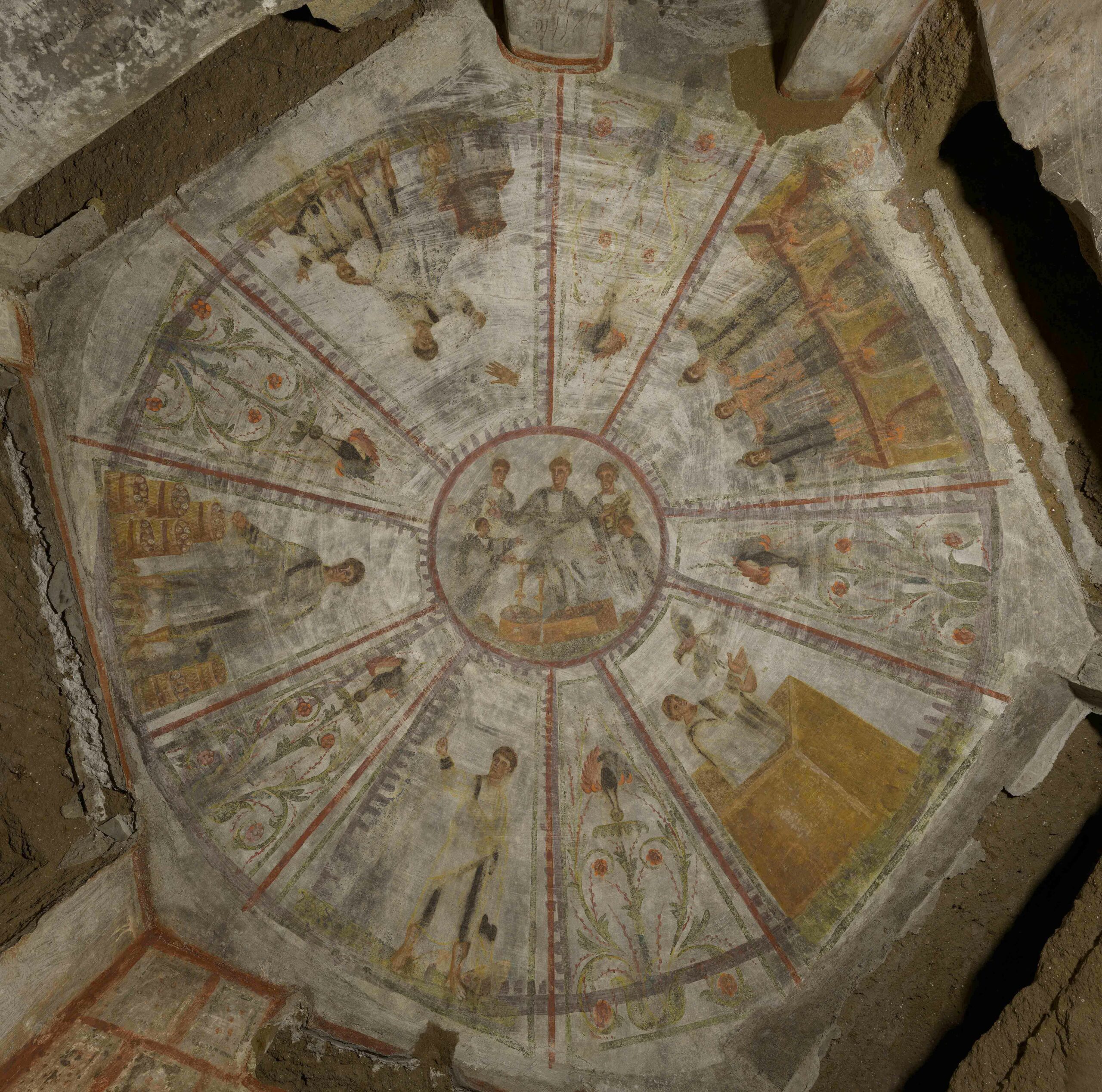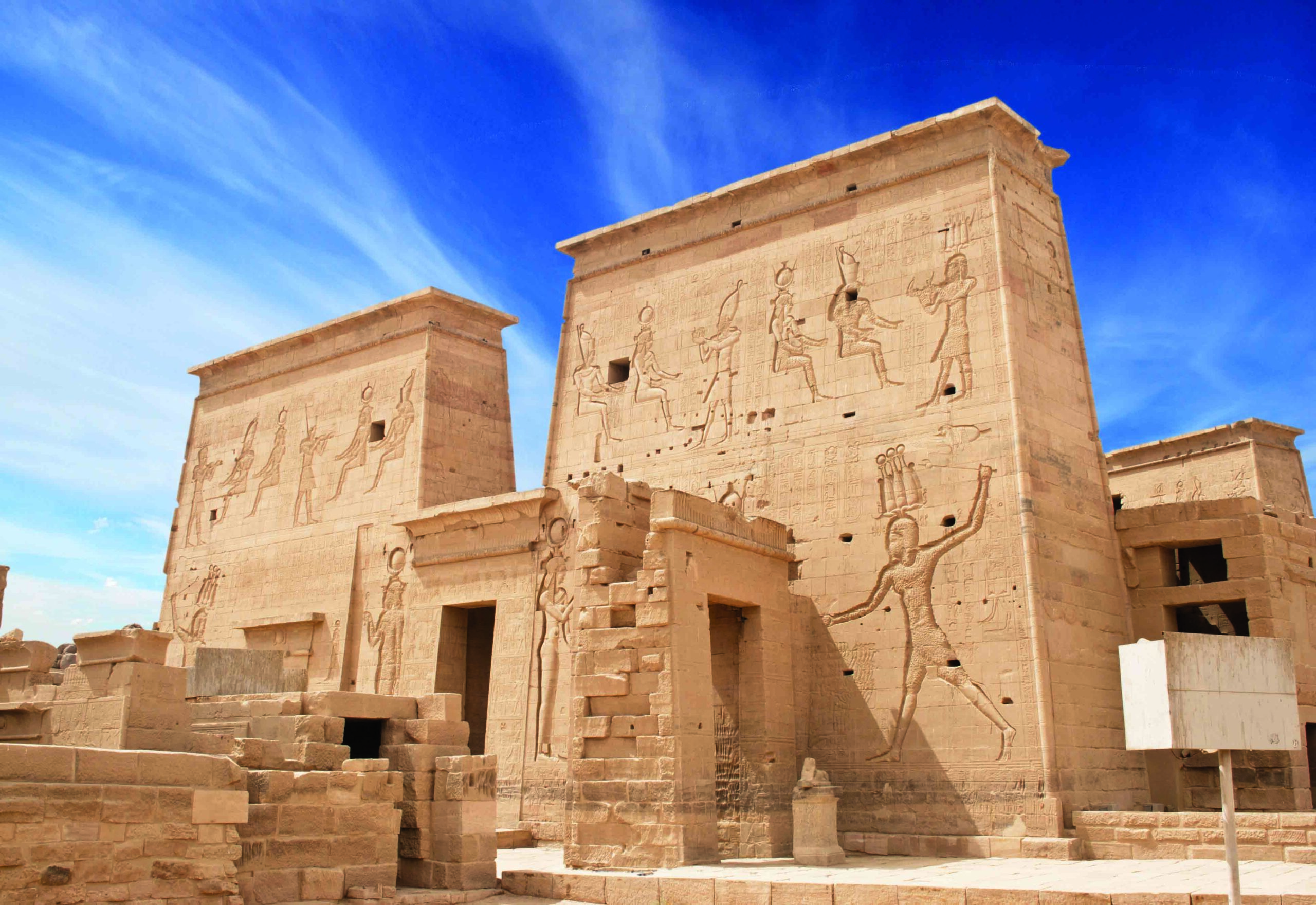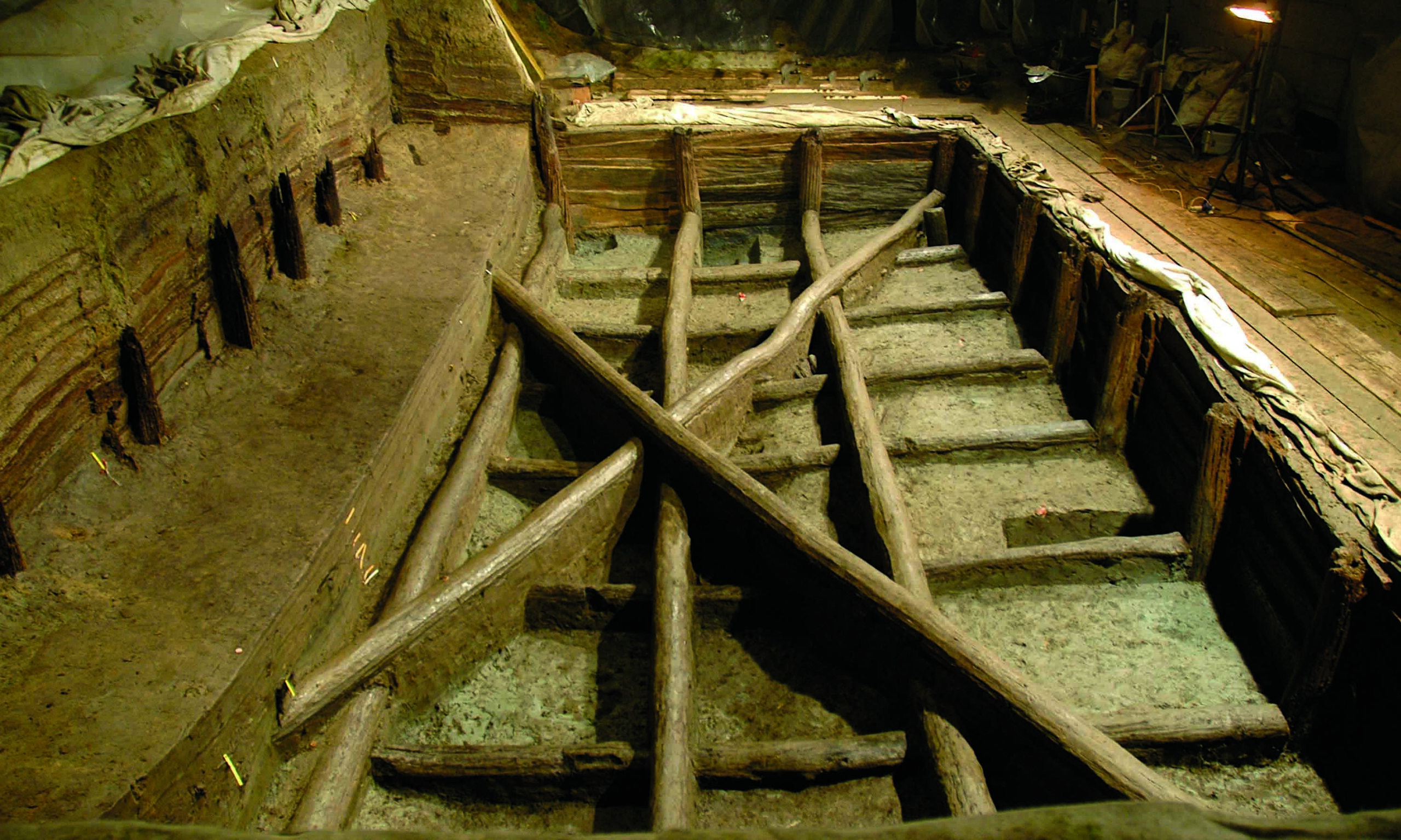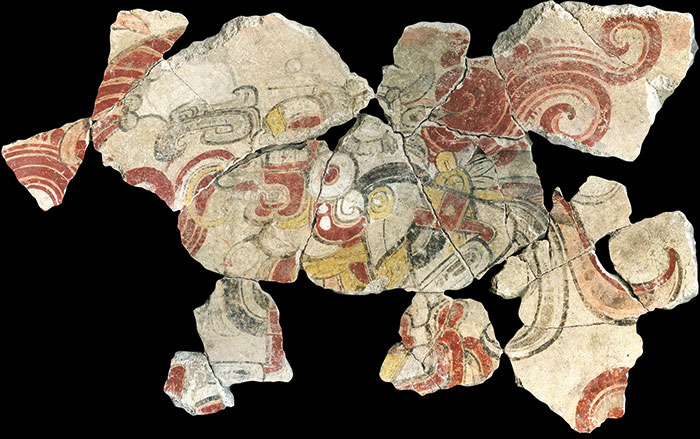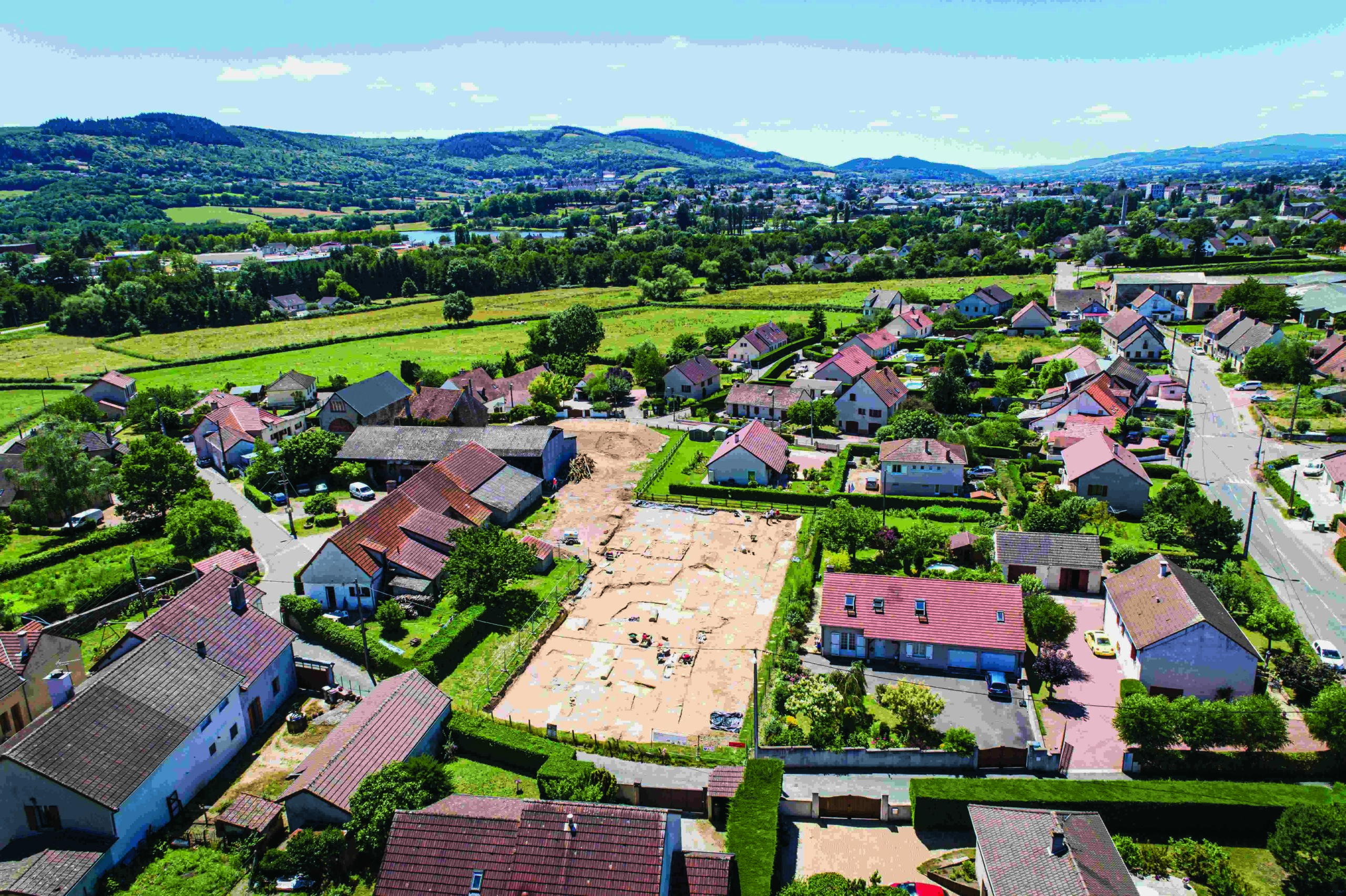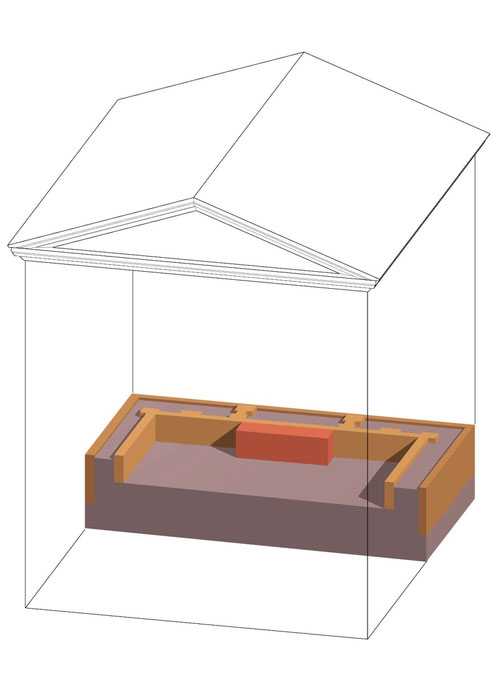
CORDOBA, SPAIN—According to a statement released by the University of Córdoba, a team of Spanish and Italian researchers analyzed the composition of the materials used to build the Curia of Pompey, a Roman senators’ meeting room located on the eastern flank of the Portico of Pompey. The results of the chemical and physical analysis, a process known as archaeometry, allowed the researchers, including F. Marra, E. D’Ambrosio, M. Gaeta, and A. Monterroso-Checa, to identify the quarries where the stones in each phase of construction originated. The results confirm an earlier archaeological study, which found that the monument was first constructed around 55 B.C. with pink pozzolana, which was extracted from volcanic deposits within Rome’s city center. A second phase of construction, using pink pozzolana from an area further away from the city center, occurred around 19 B.C., under the rule of Emperor Augustus. The last phase of construction occurred during the medieval period. To read about a sacred boundary stone unearthed in Rome, go to "Rare Boundary Marker," one of ARCHAEOLOGY's Top 10 Discoveries of 2021.


